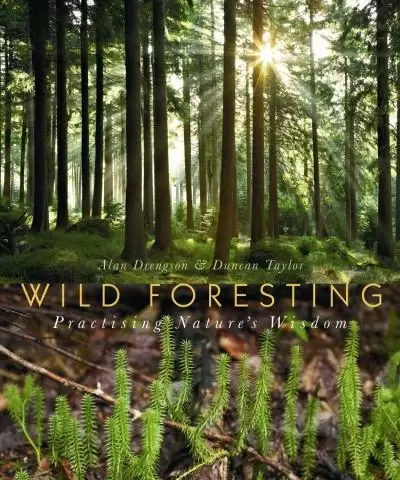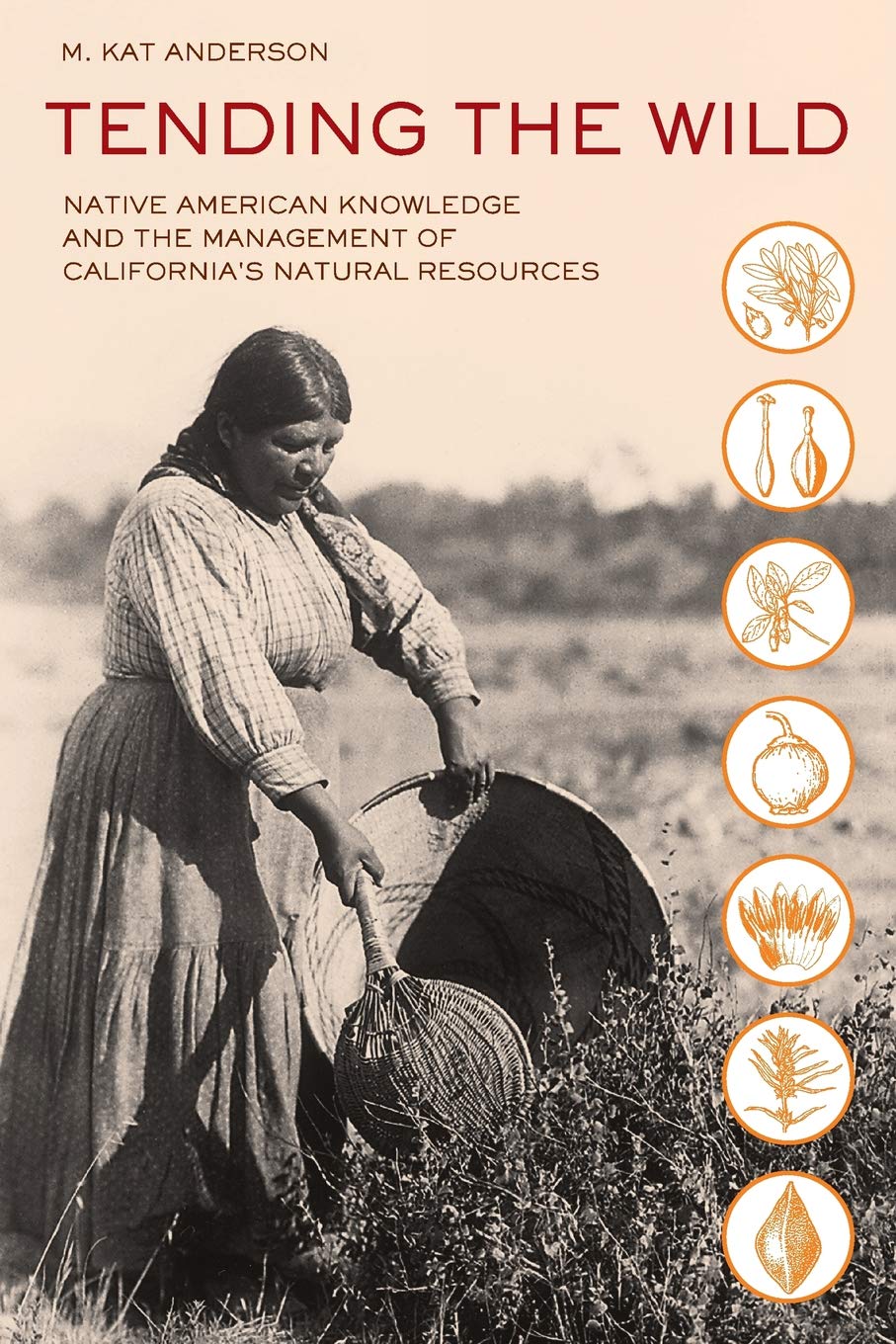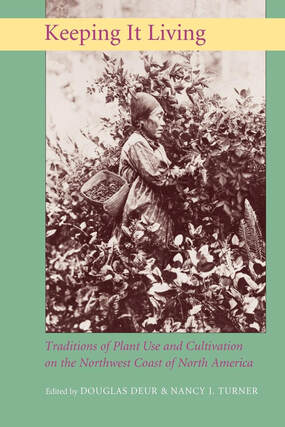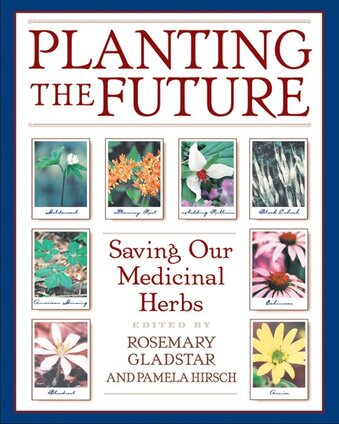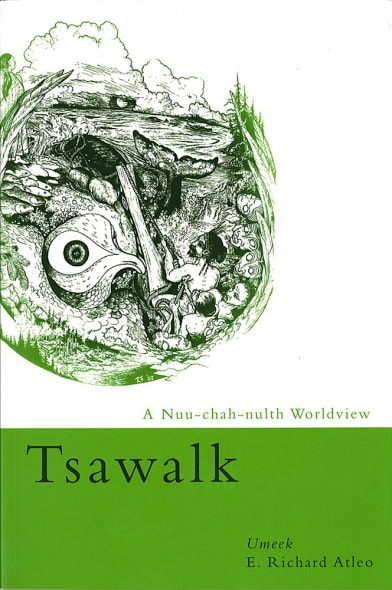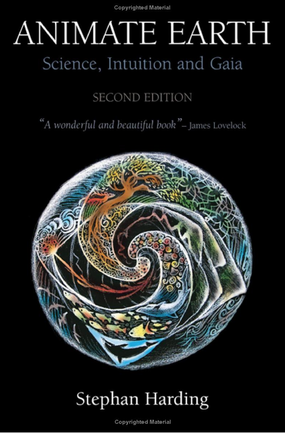Since all life forms share a common origin, it makes sense for all life forms to understand one another through their individual spirits … This state of existence, characterized by the common origin of all life forms and their interconnection, has given rise to the development of protocols of respect and constrain between all beings.
– Umeek/E. Richard Atleo, Tsawalk
Below are some of my favourite books on nature connection, wildcrafting and wilderness practices. I've had the pleasure of learning from several of these teachers and writers, and I'm grateful to all of them for their generosity in sharing what they've learned through lifetimes of study and practice. Their books are important companions to local plant identification guides in that they call us back to our original belonging in the community of life and our responsibilities for living honourably here. Each image is linked to the author's website or a related project. Happy wilding.
Favourite Books
|
This collection of essays was co-edited by Duncan Taylor, one of my favourite environmental studies teachers at UVic, who I also have to thank for introducing me to Mary Oliver's poetry. Through reflections on and instructions for restoring our relationships to forests, it reminds me of why this work is so critical.
|
Like so many others, I was captivated and deeply moved by Robin Wall Kimmerer's beautiful book. Through stories, memories and botanical teachings, she weaves scientific knowledge with indigenous wisdom to reveal their critical importance for decolonization and ecological healing.
|
This lovely book is an introduction to many of Nancy Turner's indigenous teachers throughout the Pacific Northwest and the interior of British Columbia. It shares her core teachings on the role of plants in the web of life and the rich relationships of reciprocity that have existed over millennia between these plants and the people who share their habitats.
|
M. Kat Anderson's classic book on traditional ecological knowledge and indigenous land management deeply informed my MSc thesis on what I called "restorative wild-harvesting". It celebrates the skill and wisdom of land-based communities and affirms the potential for right relations between people and places.
|
|
This collection of essays on plant use and cultivation in the Pacific Northwest was an important part of my ethnobotanical education and my MSc journey. It provides a comprehensive overview of how indigenous peoples actively managed plant communities and sustained abundance long before Europeans arrived in what they wrongly perceived to be an untouched landscape.
|
This collection of essays on medicinal plant conservation marked a turning point in my herbal studies. Through a focus on 33 at-risk North American herbs, the authors explore the multiple, complex issues surrounding species loss and our responsibility as herbalists to care for these plants as much as they care for us.
|
Hereditary chief Umeek's beautiful translation of Nuu-chah-nulth origin stories weaves mythic reality with reflections on modern life, Western science and social philosophy. This slender text worked a very important kind of magic on me, revealing the potential for coherence and complementarity between Western and Indigenous perspectives, and deepening my understanding of life as community.
|
Stephan Harding's eloquent exploration of living systems and planetary ecology is both intellectually captivating and deeply soulful. It transmits Stephan's gentle presence, deep insight and wonderful capacity for storytelling that so animated his classes at Schumacher College, and offers experiential practices for feeling, sensing and intuiting – rather than just thinking about – the science of Gaia.
|
